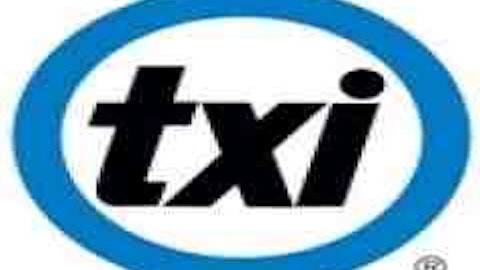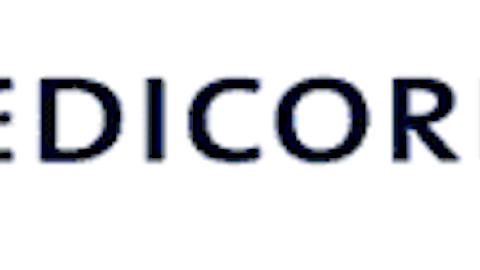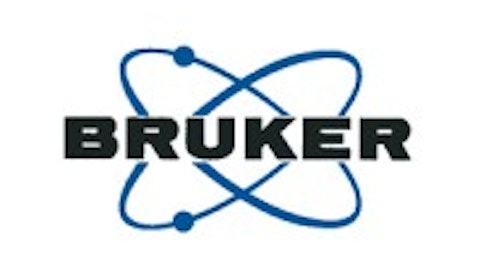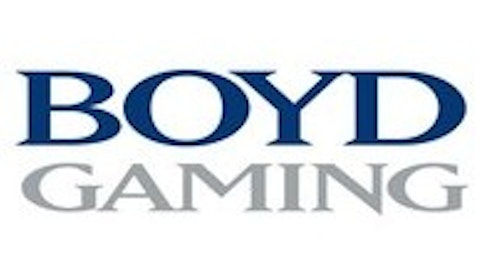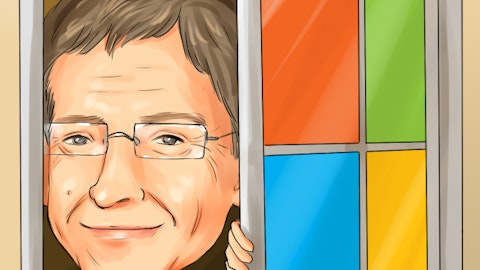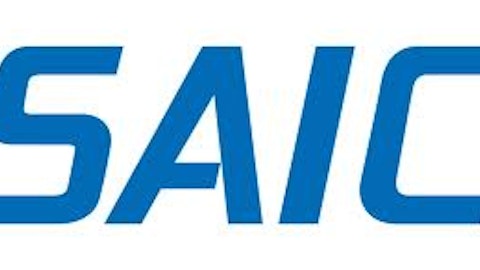Billionaire David Einhorn’s dream came true- partially. In his 2012 end of the year letter, the head of Greenlight Capital had identified a potential value opportunity in Vodafone Group Plc (ADR) (NASDAQ:VOD)’s stake in Verizon Wireless. The stock was cheap enough that he believed that the market was undervaluing its asset, and making it likely that Verizon Communications Inc. (NYSE:VZ) might acquire that minority stake or indeed all of Vodafone Group Plc (ADR) (NASDAQ:VOD) itself (and then spin out any assets it did not want).
Einhorn had been recommending Vodafone Group Plc (ADR) (NASDAQ:VOD) as early as 2010, and according to our database of quarterly 13F filings his fund owned 1.4 million shares of the stock at the end of Q2 (find Einhorn’s favorite stocks). We track 13Fs as part of our work researching investment strategies, including our finding that the most popular small cap stocks among hedge funds outperform the S&P 500 by 18 percentage points per year on average (learn more about our small cap strategy), and also to track major investors’ positions in individual stocks over time. Other major investors in Vodafone Group Plc (ADR) (NASDAQ:VOD) at the end of Q2 included Fisher Asset Management, managed by billionaire Ken Fisher ((see Fisher’s stock picks) and billionaire David Shaw’s large hedge fund D.E. Shaw (check out more stocks D.E. Shaw owns).
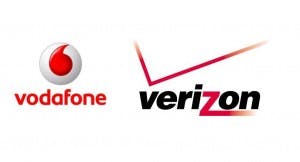
From a certain perspective, this creates a significant value opportunity in Vodafone stock at the current price. There is a very high chance of this deal closing, as it is merely the sale of a minority stake rather than a merger which might trigger concerns about anti-competitiveness. While Vodafone will retain a good deal of the cash portion of the transaction price, its shareholders will receive a combination of cash and stock worth $84 billion. This leaves the market cap of the slimmer, trimmer Vodafone at about $70 billion (before accounting for taxes related to the transaction, estimated at about $5 billion) with half of that in cold, hard cash.
While Verizon Communications Inc. (NYSE:VZ) is the gem asset in Vodafone Group Plc (ADR) (NASDAQ:VOD)’s portfolio, it also operates communication networks worldwide. Pro forma numbers for the free cash flows of the remaining company are at about $7.4 billion, and pro forma debt would be about $20 billion, which is about even with the cash currently on the balance sheet. Therefore, pro forma enterprise value- depending on how management uses the cash it receives- would be only 5-6x trailing free cash flows. While FCF is not equivalent to EBITDA, it is notable that AT&T Inc. (NYSE:T), to give an example, features a considerably higher EV/EBITDA multiple than this.
